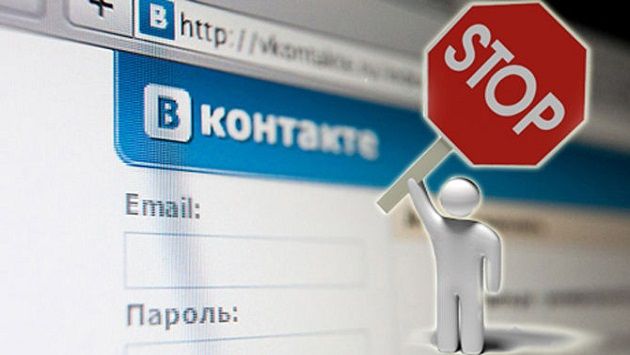
"Poroshenko should immediately reverse the ban, which affects such internet platforms as VKontakte, Odnoklassniki, RBC, and Yandex, and take steps to protect freedom of expression and information in Ukraine," HRW said in a statement on May 16.
HRW sees the ban as an attempt to control public discourse in Ukraine.
"This is yet another example of the ease with which President Poroshenko unjustifiably tries to control public discourse in Ukraine," said Tanya Cooper, Ukraine researcher at Human Rights Watch. "Poroshenko may try to justify this latest step, but it is a cynical, politically expedient attack on the right to information affecting millions of Ukrainians, and their personal and professional lives."
Read alsoUkraine to block Russia propagandist media, social networks for three yearsAs UNIAN reported earlier, Poroshenko on May 15 signed an order to introduce new sanctions against Russia, which foresees, among other things, the blocking of access to Russian media outlets and popular social networks.
Subject to the ban are, in particular, VK (formerly VKontakte) and Odnoklassniki, both owned by the Mail.Ru Group. Alisher Usmanov, an oligarch with close ties to the Kremlin, owns stakes in the Mail.Ru Group. As of April, 78% of all internet users in Ukraine, or around 20 million, had a VK account, HRW said.
The presidential decree also orders a block on public access to the Russian search engine Yandex and its various services, such as Yandex.Music, Yandex.Money, and dozens of others with .ua and .ru domains. As of March, 48% of internet users in Ukraine used Yandex daily.
Ukrainian internet service providers would be required to block access to internet companies that are on the sanctions list. The decree includes an appendix with a widely expanded list of individuals and companies under sanction in Ukraine. Experts said it would be hard to enforce.

